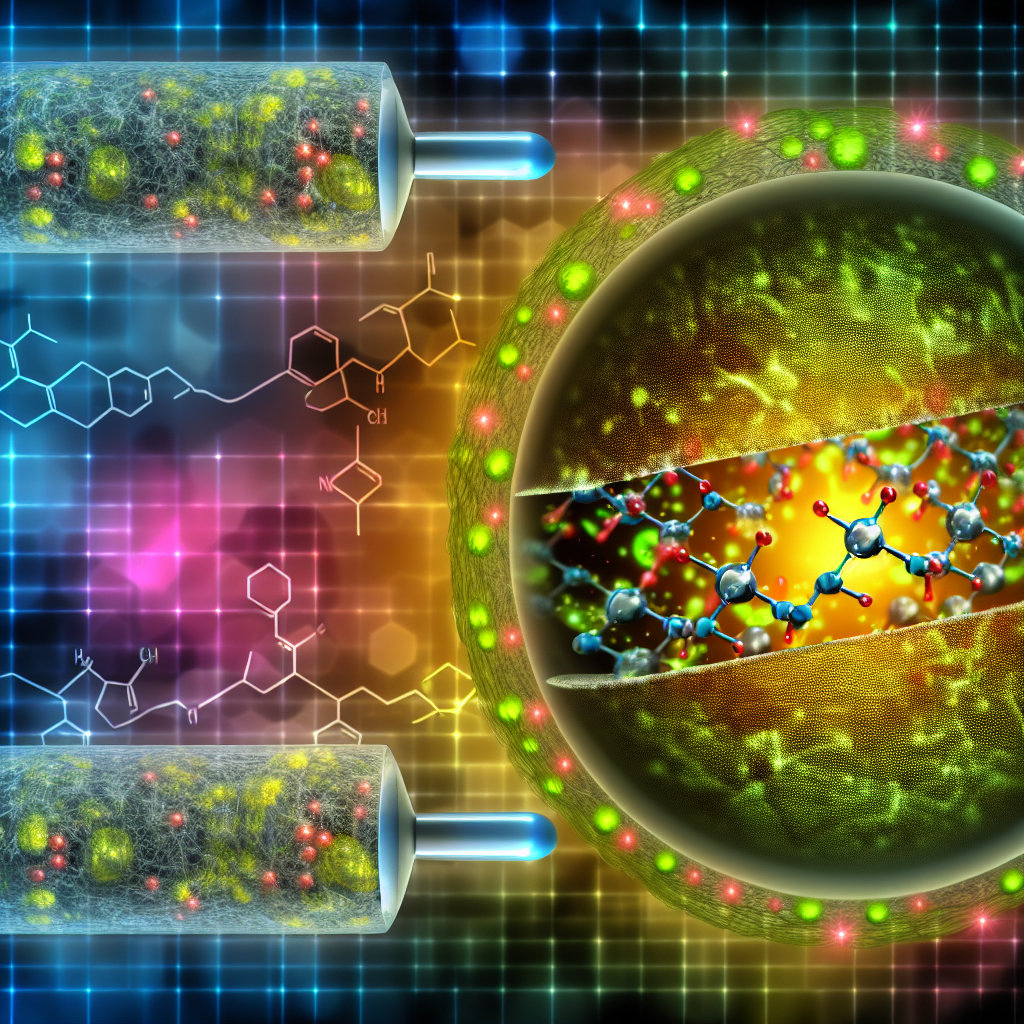Liposomal Encapsulation of Cannabinoids — A Technical Guide to Enhancing Oral Bioavailability
Introduction
In the rapidly advancing cannabis industry, maximizing cannabinoid bioavailability is a key focus for improving therapeutic outcomes and product consistency. Cannabinoids like THC and CBD are lipophilic, meaning they are fat-soluble and poorly dissolve in water-based systems such as the human digestive tract. This presents a major issue in oral delivery, as the compounds must survive both the gastrointestinal environment and the liver’s first-pass metabolism. Consequently, traditional ingestion methods often yield low bioavailability, with only 6–10% of cannabinoids reaching systemic circulation.
Enter liposomal encapsulation—a pharmaceutical-grade delivery system that dramatically improves the absorption and efficacy of hydrophobic compounds. Liposomes are microscopic vesicles made of phospholipid bilayers that resemble human cell membranes. These vesicles protect cannabinoids from degradation and facilitate enhanced transfer into the bloodstream, making them an ideal medium for oral administration.
Unlike traditional oil-based edibles, liposomal cannabinoid formulations can increase bioavailability by three to five times. This is due to both superior solubility and improved cellular uptake. For patients and recreational users alike, this means more predictable effects, faster onset, and longer-lasting relief—all from the same dosage.
The potential of liposomal formulas to deliver controlled release and therapeutic precision is why medical cannabis researchers and manufacturers are paying close attention. This article explores the scientific foundation behind liposomal encapsulation, recent advancements, pharmacokinetic performance, and commercial applications.
Features and Clinical Relevance
Growing scientific evidence supports the claim that liposomal formulation substantially enhances the bioavailability and therapeutic performance of cannabinoids. Applied initially in pharmaceutical and nutraceutical industries, liposomes have now entered the cannabis space with promising results.
A 2017 study in the International Journal of Pharmaceutics demonstrated that liposomal delivery protected active ingredients from gastrointestinal and enzymatic degradation. The authors found that liposomes improved both the stability and absorption of hydrophobic drugs, making them highly suitable for oral, topical, or injectable cannabis-based applications. This technique ensures higher concentrations of cannabinoids survive digestion and become bioavailable.
Encapsulation also allows manufacturers to tailor drug release based on the desired therapeutic effect. For example, liposomes can be designed to release cannabinoids quickly for acute relief or slowly over time for extended effect—ideal for managing chronic pain or anxiety.
Furthermore, a 2019 study published in Molecules evaluated the oral bioavailability of nano-liposomal CBD. It concluded that onset times were shorter and dosage effects lasted longer when compared to standard oil-based formulations. Researchers highlighted the importance of this delivery method in maintaining steady plasma levels, especially for chronic conditions requiring consistent therapeutic support.
A subsequent clinical trial conducted in 2020 by Lexaria Bioscience further confirmed these findings. Their liposomal CBD product reached peak plasma levels nearly two hours faster than a control formulation using medium chain triglyceride (MCT) oil. Importantly, plasma concentrations remained elevated for longer durations, showcasing improved uptake and retention.
For clinicians, this represents a shift toward more accurate, patient-centric cannabis-based medicine. Patients managing conditions such as epilepsy, inflammation, or anxiety stand to benefit from the improved performance. For manufacturers, it opens the doors to a new category of premium, targeted therapeutics that appeal to both medical and discerning adult-use consumers.
Practical Manufacturing Considerations
From a production standpoint, liposomal formulations offer a high degree of versatility. Manufacturers can customize liposome size, charge, membrane fluidity, and composition to influence how and where cannabinoids are released in the body. Advanced techniques like microfluidization and sonication are often employed for consistent batch production.
Scalability is another important advantage. Despite its complexity, liposomal encapsulation has matured to the point where commercial-scale production is now feasible. Emerging microencapsulation equipment and nano-delivery platforms allow companies to maintain pharmaceutical-grade precision while reducing production costs.
Special care must be taken with formulation stability. Liposomes are sensitive to temperature, pH changes, and oxidation, which means proper storage and packaging (e.g., nitrogen flushing, light-resistant containers) is critical to ensuring shelf life and potency.
Conclusion
As cannabis science evolves, liposomal delivery systems are emerging as a cornerstone for next-generation therapeutics. Their ability to shield cannabinoids through digestion, enhance systemic absorption, and deliver consistent, targeted effects provides immense value in both the clinical and commercial realms.
For consumers, this translates to better results from smaller doses. For healthcare practitioners, it means reproducible outcomes and dose control. And for the industry at large, liposomal encapsulation ushers in a new era of precision hydrophobic drug delivery, transforming once-unpredictable edibles into reliable treatment options.
For startups and mature producers alike, embracing this technology could offer a competitive edge while improving patient care—making liposomal cannabinoid delivery not only an innovation but an industry imperative.
Concise Summary
Liposomal encapsulation is revolutionizing oral cannabinoid delivery by dramatically improving bioavailability, stability, and therapeutic consistency. By enclosing compounds like CBD and THC in phospholipid vesicles, this technology protects them from digestive breakdown, ensuring faster onset and longer-lasting effects. Backed by mounting clinical evidence from pharmaceutical and cannabis research, liposomal delivery systems offer scalable, customizable solutions for medical and consumer products. This advancement is positioning liposomal cannabinoids as the next standard in precision-targeted cannabis therapies.
References
– Patra, J.K., et al. (2018). Nano Based Drug Delivery Systems: Recent Developments and Future Prospects. International Journal of Pharmaceutics.
– Burgess, A., et al. (2019). Nanoparticle Encapsulation of Cannabidiol Enhances Oral Bioavailability. Molecules.
– Lexaria Bioscience. (2020). Cannabinoid Study Results Show Improved Oral Bioavailability of CBD. ClinicalTrials.gov Identifier: NCT04343810.




